World Kidney Day
Trev
Head of People & Internal Communications


World Kidney Day is an annual campaign to help raise awareness of kidneys and show the suffering caused when they don’t work properly. It also aims to educate people on what kidneys do and how to improve your kidney health.
It’s the topic that’s too BIG to ignore. On Thursday 14 March 2024, join us in highlighting just how big an issue kidney disease is. It’s not a disease that affects only a handful of people: it’s the 8th biggest killer worldwide.
PKD is a genetic condition, which causes uncontrolled growth of cysts, primarily in the kidneys, resulting in them enlarging and changing shape over time, and eventually failing. A healthy kidney is usually about the size of afist, whilst PKD kidneys can grow to the size of a rugby ball - in fact, the largest and heaviest reported PKD kidneys are those of Windsor dad, Warren Higgs, whose kidneys weighed a record-breaking 35kg (77lb) when removed in 2021.
Below shows a regular Kidney compared to two Kidneys that have the PKD condition.

Many women and even men develop what’s know as the PKD belly’ and are often thought to be ‘pregnant’. Not only can this cause embarrassment and body image issues, but due to the kidneys taking up so much room in the abdomen many patients experience constant pain, shortness of breath and difficulty performing simple tasks such bending to tie shoe laces.

Affecting over 12 million people globally and up to 70,000 adults and children in the UK, PKD is the most common genetic kidney disease and the fourth leading cause of kidney failure. It can also affect the heart, liver and brain. There is currently no cure.
Most people get the disease when they inheritan altered copy of PKD1 or PKD2 from a parent with ADPKD. PKD1 mutations are more common: about 78 out of every 100 people with ADPKD (78%) have an alteration in this gene. About 14 out of every 100 people (14%) have an altered PKD2 gene. Some people have an alteration in a different gene, or the genetic cause is unknown.
Sometimes, a new alteration in a PKD1 or PKD2gene occurs by chance in the womb, causing an infant to be born with ADPKD despite having two healthy parents. This is called a ‘spontaneous’ or ‘de novo’ mutation and occurs in about 1 in 10 people with ADPKD. Each child of someone with PKD has a 50% chance of inheriting the disease from an affected parent.
PKD Charity is the first and only UK charity solely dedicated to improving the lives of people affected by PKD. Since 2000 we’ve been helping individuals and families to live life as fully as possible by providing the best year-round support, tools and inspiration.
We’re a small charity with big ambitions;campaigning to improve services, promote understanding, and fund research into discovering better treatments, new treatments, and a cure for PKD. The information we publish is not only current it’s credible.
Here are a few facts relating to Kidney Disease, and PKD specifically.

Posted on:
March 14, 2024 8:00 AM




















.gif)
.jpg)











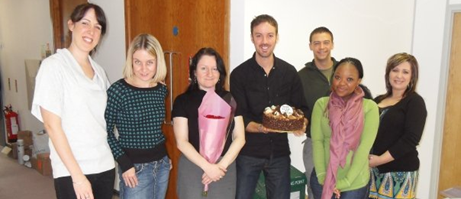
%20GIF.gif)









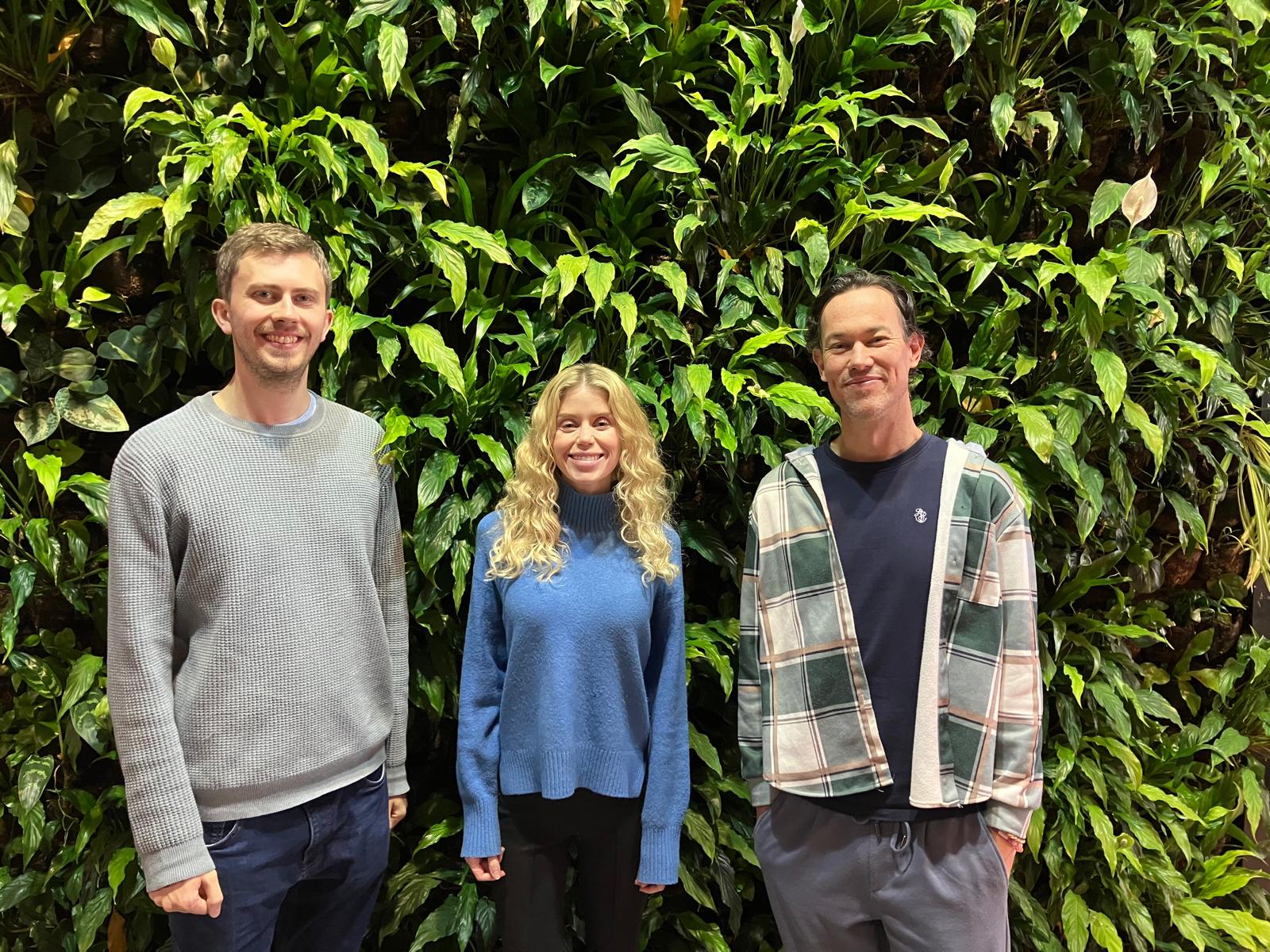

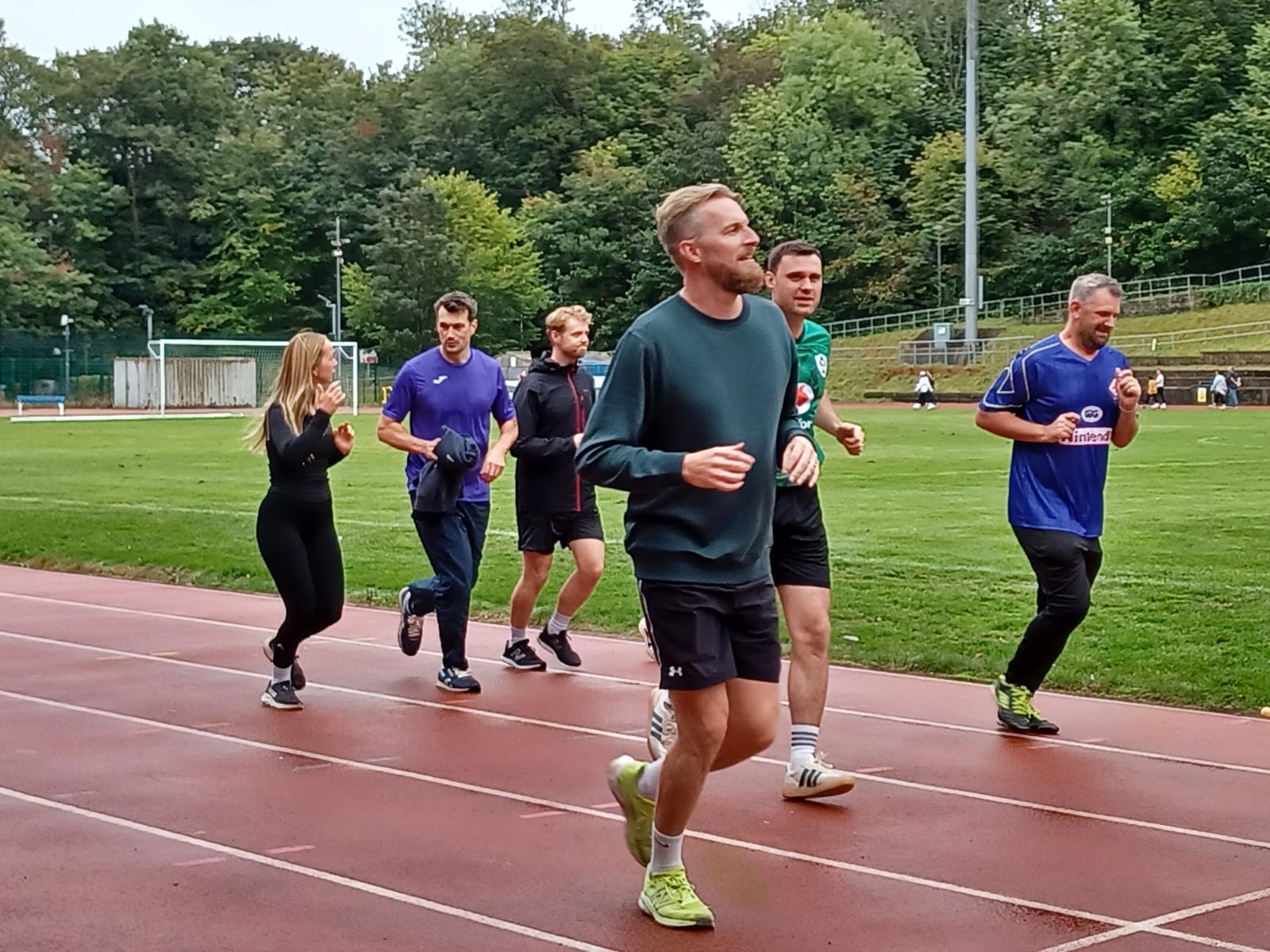



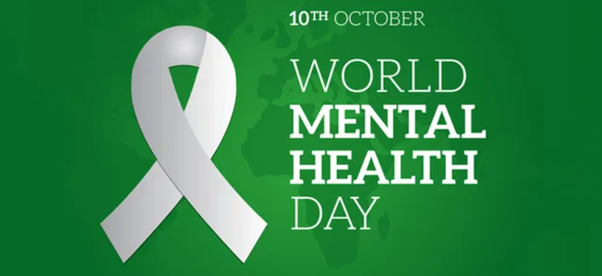


%20GIF.gif)







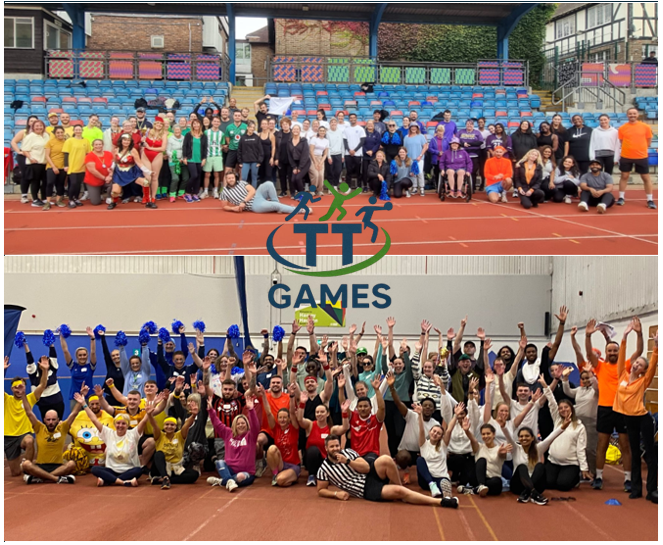


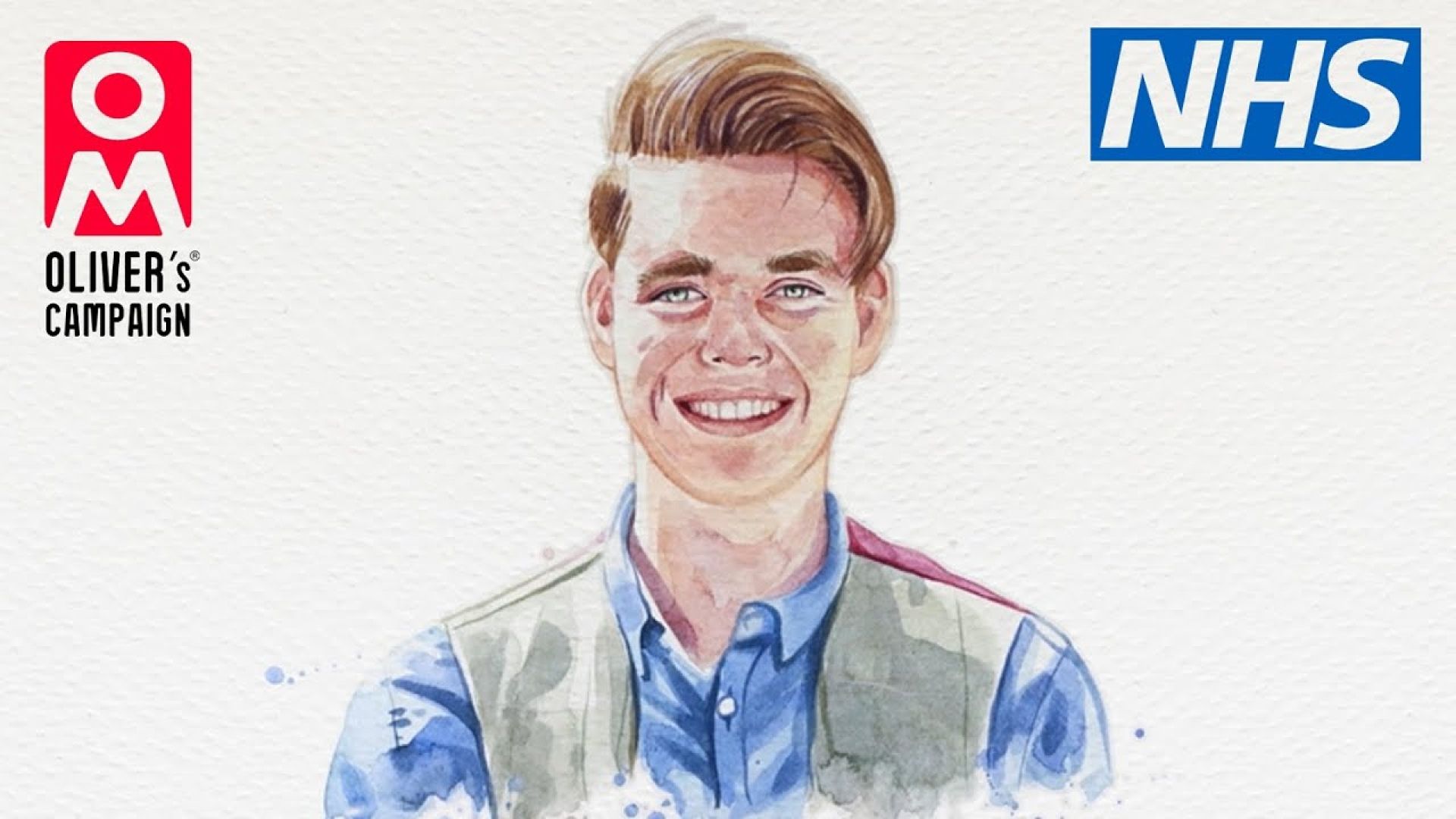
.jpg)

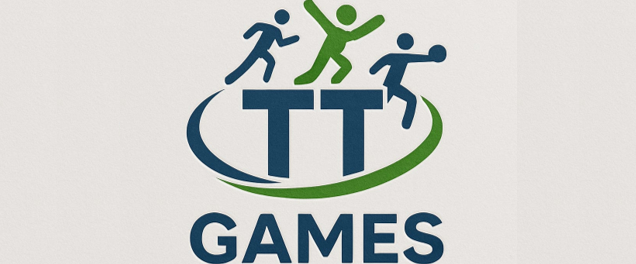
















1
1